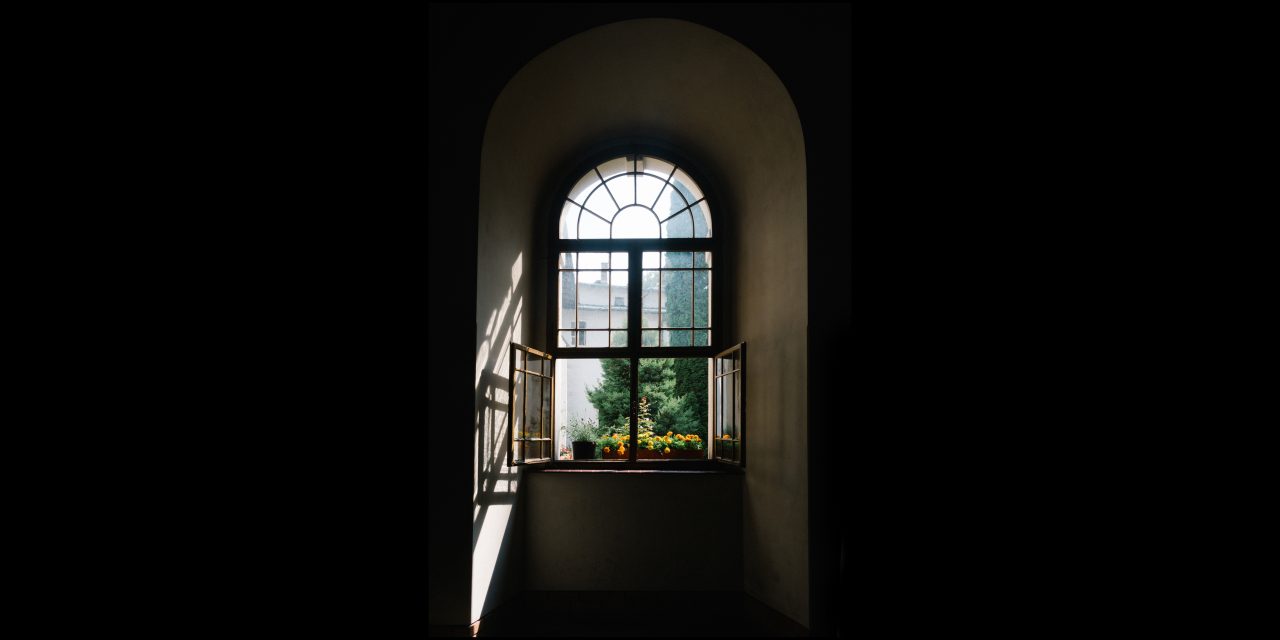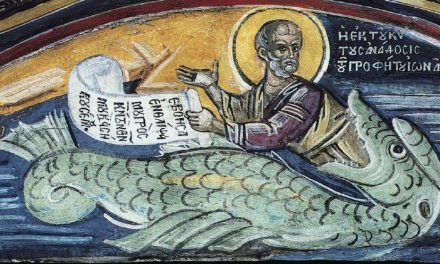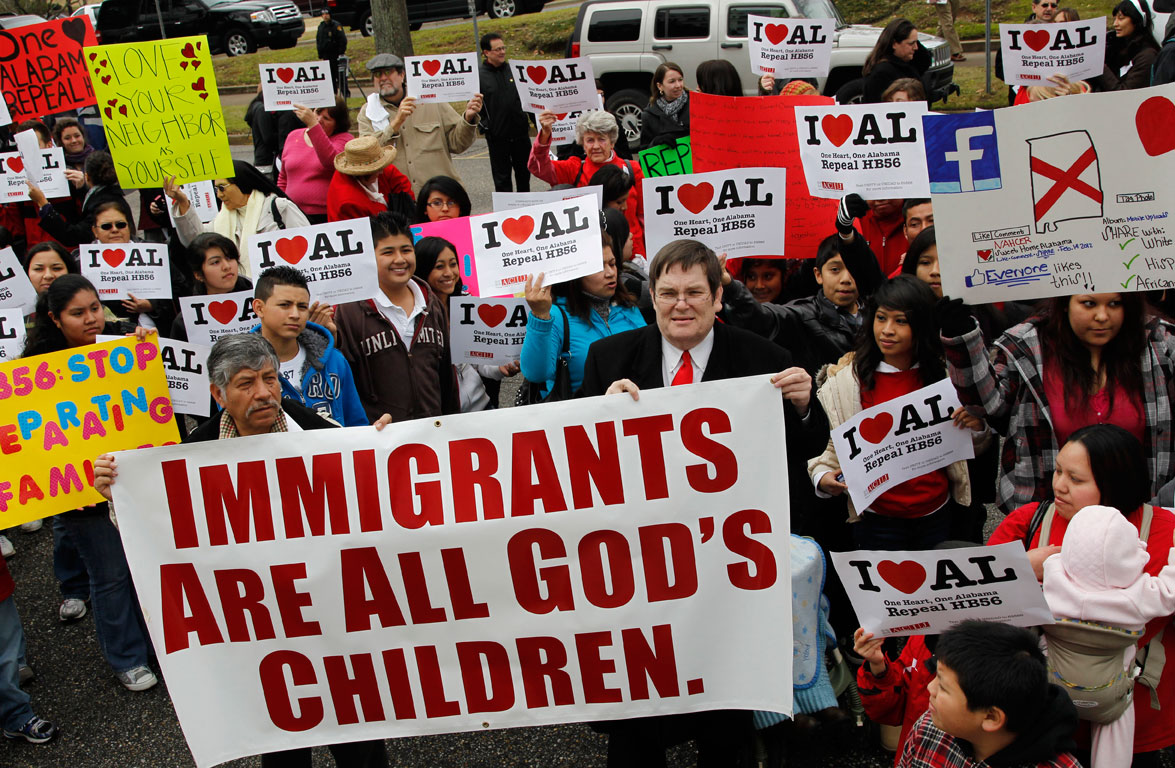It’s been nearly a month since the Pennsylvania Grand Jury Report was released, and the topic still seems more relevant than ever. This is entirely appropriate.
The report and its fresh revelations not only of predatory priests and sexual abuse in horrendous details but also of concerted efforts to cover up the crimes have brought the depths of human sinfulness out into the open in ways that have sparked a true crisis in the Church, just as the Boston Globe reporting did 16 years ago.
It is hard to know how to make sense of all of this, and hard to imagine how we as a Church ever move forward. There is an almost unfathomable amount of work that needs to be done to address this crisis and to ensure that the vicious crimes recounted in the grand jury report do not occur again. At times, the horror of what happened and the enormity of what needs to happen yet is overwhelming.
Yet, in the midst of this darkness, there have still been some signs of hope, some sure signs that God, whose life incarnate came to an end on the cross, is always on the side of the victims and never leaves us to face the pains of suffering alone. Here are is a brief list of the things that have reassured me of this conviction:
First, I have found solace in the fact that people are still hungry to encounter Christ in the Church, despite the Roman Catholic Church’s atrocious failings. As Jason King’s recent post and our readers’ responses to it illustrate, there are a variety of reasons for this, but whatever the rationale, the mere presence of the faithful is a testament to perseverance. I attended Mass last weekend at a new parish, because of travel, and the church was packed, which showed me (and the priest, who commented on the attendance) something of the resilience of faith.
Second, people are talking about this crisis and starting the long process of figuring out how they respond.
In the three Sunday Masses (at three different parishes) I have been to since the grand jury report was released, the report and the larger sex abuse crisis received some attention in two out of the three homilies. The third actually had a significant “coda” about the abuse crisis and the need for the Church to take ownership and repent, just as Pope Francis has demanded. While I would have preferred that we went three for three on this, I am glad that the issue is receiving attention in local parishes. It may be a small thing, but it is undoubtedly a necessary first step, for what can we do if we do not admit we have a problem?
Meanwhile, on a personal level I chose to respond by following Holly Taylor Coolman’s age quo agis advice. I made a point of addressing the crisis in my first lecture to our Foundations in Theology class of 228 students. When discussing the prospects of Christian theology for the work of justice in the world (consistent with our course’s learning objectives at a Jesuit university), I noted the incongruence many might feel about the claim that theology—especially Catholic theology—can teach them something about justice in light of the patent abuse of power that the sex abuse crisis baldly reveals. My response was, in a nutshell, that this reality is precisely why one needs to study theology, for bad theology played a big part in this problem. (And for the record, I don’t mean celibacy; I mean the sort of theological error that convinces prelates to protect abusive priests on the assumption that the laity’s image of God would otherwise be tarnished beyond repair by scandalous revelations.)
In another local example from the academy, we received word this week at Marquette University that the board of trustees accepted a former president’s request to remove his name from a new, multimillion-dollar building. In a letter released with the announcement, the former president, Fr. Bob Wild, SJ, petitioned the board to remove his name after reflecting on Pope Francis’s call to prayer and fasting. Fr. Wild indicated that during his six years as a Jesuit provincial, he dealt with three situations in which Jesuit priests under his authority were accused of sexually abusing minors. He explained that he has now come to realize in hindsight that he “would have handled certain aspects of those cases rather differently than [he] did then.”
For me, the fact that he wrote the letter was significant, because so few in power seem willing to acknowledge mistakes and to open themselves to consequences. I do not know the details of the cases to which Fr. Wild makes reference, so I have no way to judge whether these consequences align with his culpability, but I still took some solace in his readiness to seek this very public reinterpretation of his otherwise significant legacy at Marquette.
Lastly, news broke yesterday that the attorneys general of both New York and New Jersey are launching their own state-wide investigations into the handling of sexual abuse allegations in the dioceses within their jurisdictions. While some might find this a source of fear or a sign of more darkness to come, I have actually come to be hopeful about the prospects of these and other investigations because they can bring some sense of justice to the oppressed. As in the Pennsylvania grand jury report, I can imagine a number of victims finally finding the opportunity to come forward, and I know the courage of these survivors will continue to be a source of hope. While these investigations will undoubtedly bring more disheartening revelations, I do believe this will ultimately be for the best, because the surest way to eradicate the darkness is to shine a powerful light upon it.
Although this list is not comprehensive, each element has been significant for my journey of faith through these challenging times. In their own way, each reminds me that the God I believe in is the God who became Incarnate in a radical act of solidarity with a fallen people. That is a God who never leaves us to face the depths of darkness alone. It is, instead, a God who allows us to say, “The light shines in the darkness, and the darkness did not overcome it” (John 1:5).




